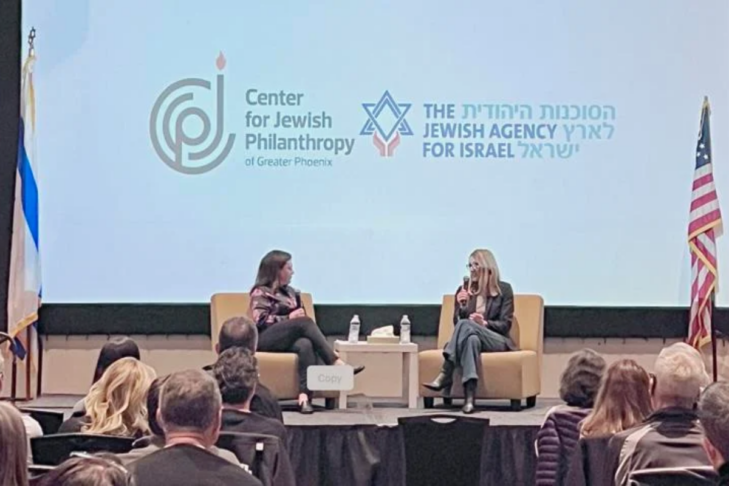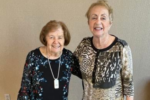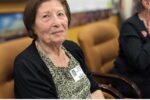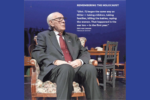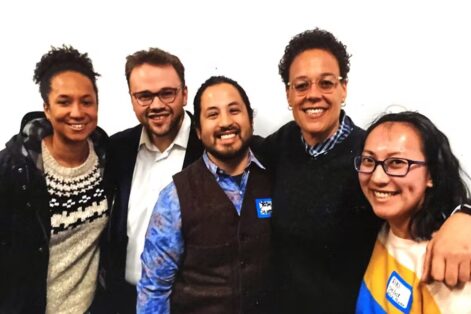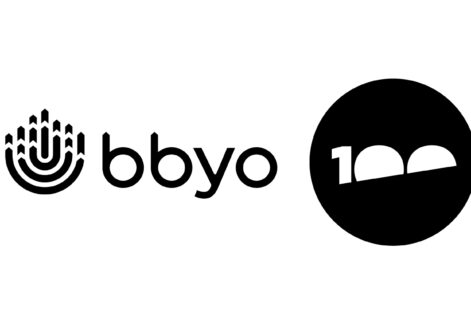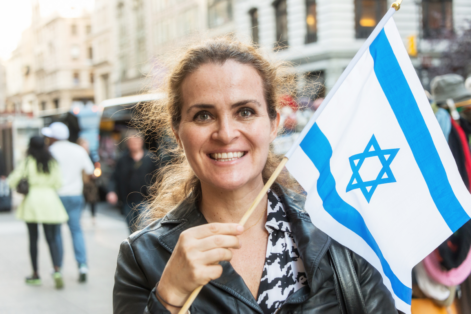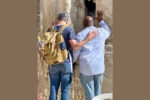The morning of Oct. 7, Natalia Ben Zvi heard the sirens. She got out of bed, called out to her mother to get ready to take shelter and then checked on her son, Sagiv. Seeing his door open and his room empty, she realized he was not yet home from the Supernova music festival. She called his phone, and he answered right away. He assured her he was fine and on his way home.
“I called him two more times that morning and he promised me he would come back,” said Ben Zvi. “I told him don’t be afraid, drive carefully but if you hear a siren, take shelter.”
What she didn’t know at the time was that Hamas terrorists were already on the roads, intercepting cars and blocking the way to thwart the Israel Defense Forces (IDF) from reaching people in the nearby kibbutzim.
After 45 minutes and no Sagiv, Ben Zvi pinged his phone and saw he was near Kibbutz Mefalsim, north of where the festival was held. She also noticed his location was no longer moving.
“I understood then I might have lost him,” she said. “I didn’t want to believe it at that point. I immediately called the police and asked for a police car to go to Mafalsim from Sderot to check his car; maybe it was hit by a missile.”
But the police responding to the numerous calls received that morning had also encountered the terrorists, and many were killed.
Frantic to find her son, Ben Zvi opened a missing-person file and then drove to Be’er-Sheva. The typical 80-minute drive took her just 30 minutes. She searched hospital rooms and trauma centers to no avail. She heard the cries of other mothers who had found their children injured or dying.
That night, the police asked for a DNA sample as they tried to identify the dead, some of whom had been so severely burned their remains were ashes.
“Two-and-a-half weeks later, they announced they found Sagiv,” said Ben Zvi. “I wasn’t surprised because that whole time I couldn’t feel him.”
On the four-month anniversary of losing her 24-year-old son, Ben Zvi shared her story on the evening of Feb. 7 at the Ina Levine Jewish Community Campus in Scottsdale. The Center for Jewish Philanthropy of Greater Phoenix (CJP) and the Jewish Agency for Israel (JAFI) presented the program.
In fact, it was JAFI that helped Ben Zvi and her family make aliyah from Georgia, in the then-Soviet Union, in 1971. The mission of JAFI is to “provide the global framework for aliyah, ensure global Jewish safety, strengthen Jewish identity and connect Jews to Israel and one another,” according to its website.
This article originally appeared in The Jewish News. To read more, please click HERE.
For more information on the Jewish Agency for Israel, visit jewishagency.org.
Jewish News is published by the Jewish Community Foundation of Greater Phoenix, a component of the Center for Jewish Philanthropy of Greater Phoenix.
This post has been contributed by a third party. The opinions, facts and any media content are presented solely by the author, and JewishPhoenix assumes no responsibility for them. MORE

